Tarantino Asks Court to Dismiss Miramax’s ‘Pulp Fiction’ NFT Lawsuit
TorrentFreak
JUNE 22, 2022
The popularity of non-fungible tokens, NFTs for short, has reached new highs over the past year. Movie studio Miramax, which owns most of the rights to the film, sees the plan as a contract breach and copyright infringement. “The Film is a derivative work created from the Screenplay, not the other way around.


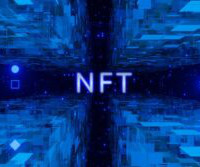


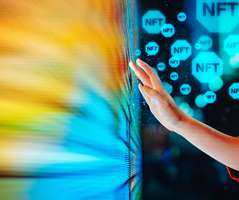

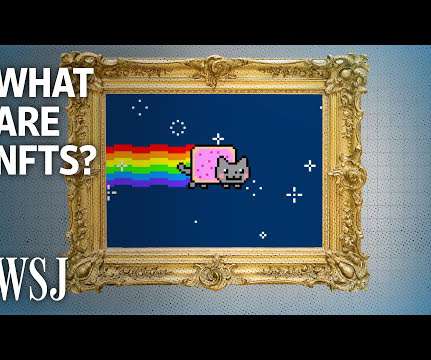
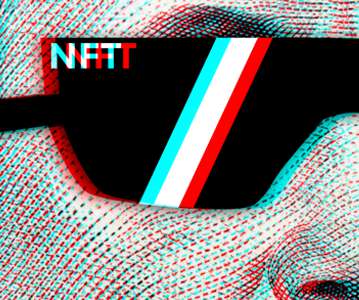
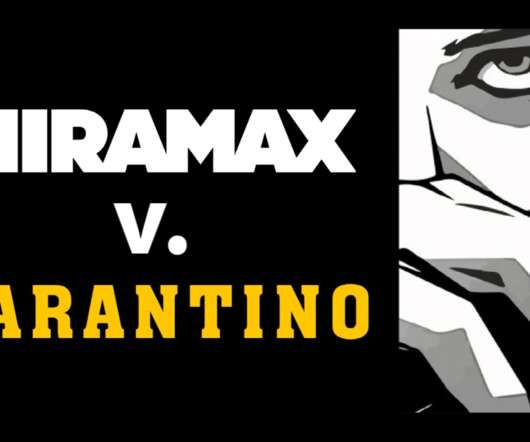






Let's personalize your content